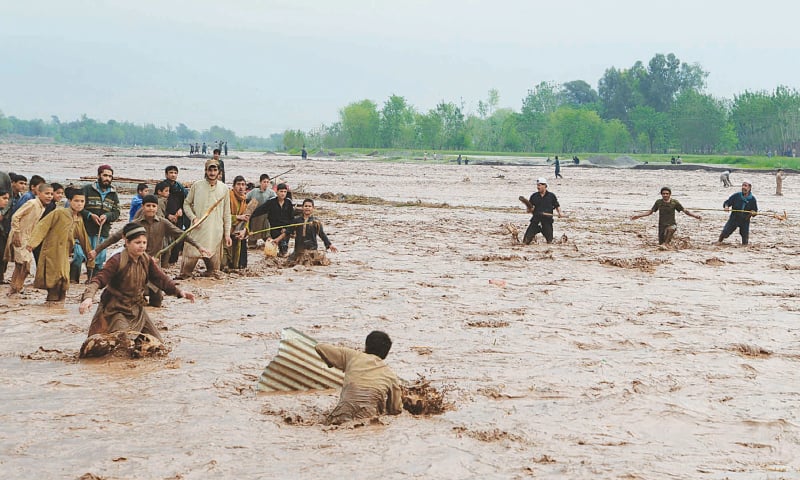Pakistan’s economy has continued its recovery during the first quarter of the current fiscal year despite the impact of recent floods and climate shocks.
The latest Monthly Economic Update and Outlook from the Finance Division highlights improving growth indicators, fiscal stability, and stronger confidence from international partners.
The report says that while floods caused an estimated Rs. 430 billion in agricultural losses, the sector is showing early signs of resilience.
READ MORE: SBP Keeps Interest Rate Unchanged at 11% Yet Again
Agricultural credit rose by almost 20 percent to Rs. 404 billion, and imports of farm machinery increased by more than 30 percent compared to last year.
The use of fertilizer also grew, helping farmers begin recovery efforts in several flood-affected areas.Climate change remains a growing concern for Pakistan’s economy.
The report notes that extreme weather patterns are disrupting crop cycles and putting pressure on food supplies, which could add to inflation in the months ahead. Despite these risks, the government is focused on maintaining fiscal discipline and protecting vulnerable communities.
Inflation was recorded at 5.6 percent in September, up slightly from the previous month, but still lower than last year’s average.
The report attributes the rise to temporary food supply issues following the floods.Positive signs are also visible in industry and trade.
Large-scale manufacturing grew by 4.4 percent in July and August, driven by higher production in automobiles, construction materials, and textiles. Exports increased by 6.5 percent to $7.9 billion, while remittances rose by over 8 percent to $9.5 billion during the first quarter.
The Finance Division said Pakistan’s successful review with the International Monetary Fund (IMF) and upgrades from international rating agencies show growing investor confidence.
The government’s Sustainable Financing Framework also earned an “Excellent” alignment score from Sustainable Fitch, certifying its adherence to global standards for green and social investments.
Overall, the report paints a cautiously optimistic picture. While climate-related disruptions remain a serious challenge, Pakistan’s efforts to strengthen its economy, invest in sustainable growth, and support recovery in agriculture are helping the country stay on track.









